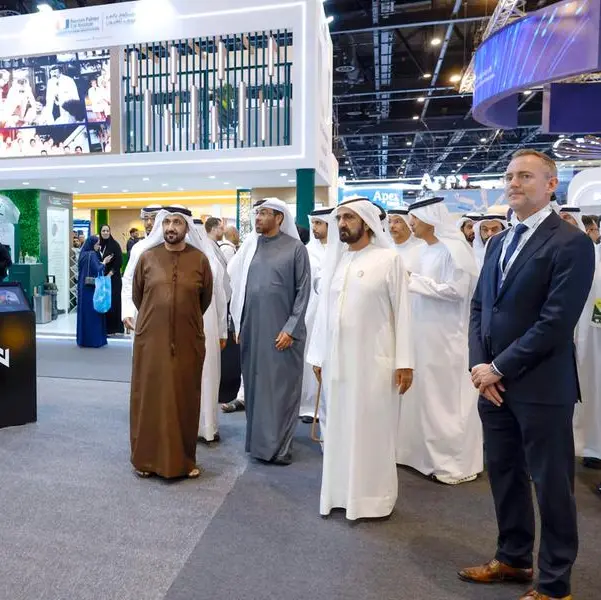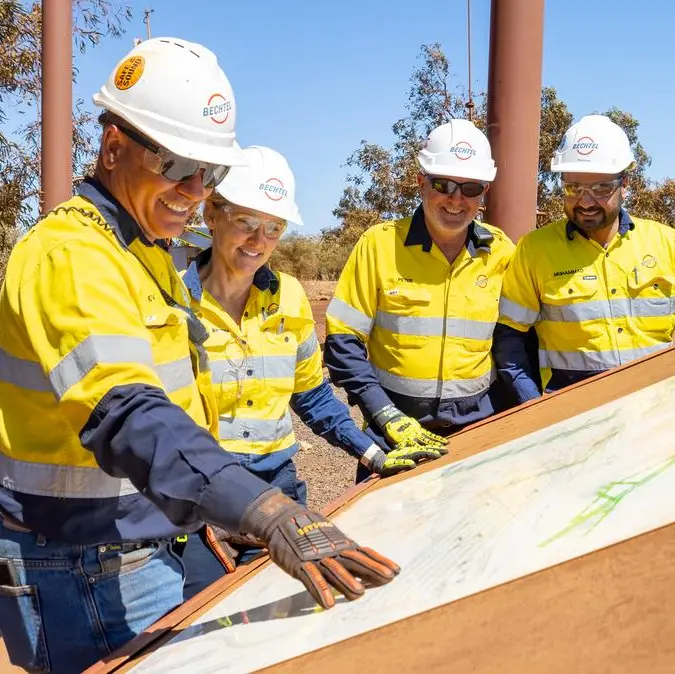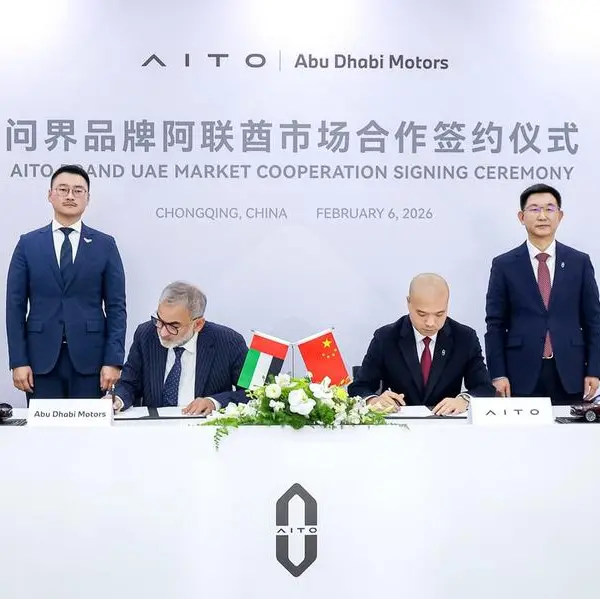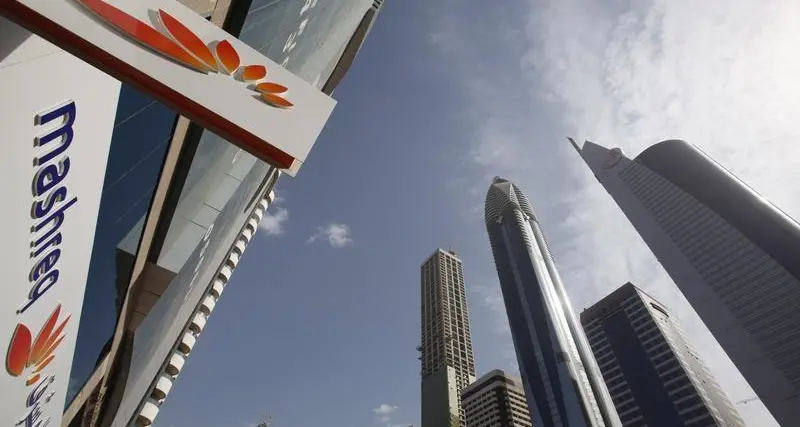Ramallah, West Bank and Gaza, IFC, MIGA, and IBRD, members of the World Bank Group, with the support of donors, including the government of Canada, are supporting a $12 million solar project in Gaza, the first privately financed energy project in more than a decade, to ease an acute energy shortage and help create jobs.
The joint investment will help PRICO, part of the PADICO Holding, construct, operate, and maintain a 7-megawatt rooftop solar photovoltaic power plant in Gaza. This will provide critical energy to 32 factories in Gaza’s only industrial park, the Gaza Industrial Estate, at a price 10 percent cheaper and up to 50 percent below the cost of diesel-based generation. The project is expected to create approximately 800 direct and indirect jobs, thanks to the more reliable and cheaper electricity that will be available for factories inside the park.
“The project comes at a critical time in Gaza as the only power plant suffers from lack of fuel, aging feeding lines, and damage caused by three wars in the last decade,” said Bashar Al Masri, PADICO Board Member. “The agreements are part of our strategy to support the renewable energy sector and boost investments in industrial cities, and specifically in Gaza, which will help provide a continuous and sustainable electricity source to Gaza’s only industrial city.”
Up to just 10 years ago, Gaza had a full, round-the-clock electricity supply every day. Today, daily outages in Gaza currently range from 12 to 16 hours, with annual supply at less than 50 percent of average demand and only a third of peak demand. There is also a high reliance on imported energy. Currently, 70 percent of electricity and 100 percent of primary energy used in Gaza is imported.
“The rooftop solar project is critical to ease the energy shortage in the Gaza Industrial Estate and, in turn, help create jobs,” said Marina Wes, World Bank Country Director in the West Bank and Gaza. “Factories inside the industrial estate will be able to expand operations and hire additional workers, thanks to more reliable and affordable electricity.”
The project’s total cost is estimated at up to $12 million, 75 percent of which will be covered by the World Bank Group, including up to $4 million from the IFC-Canada Climate Change Program. MIGA, the Group’s investment guarantee arm, is providing critical political risk insurance covering risks of expropriation, war, and civil disturbance. The guarantees amount to $7 million and are issued through two trust funds managed by MIGA: the West Bank and Gaza Investment Guarantee Trust Fund, supported by the government of Japan and the Palestinian Authority, and the Conflict-Affected and Fragile Economies Facility, supported by the UK’s Department for International Development, the Canadian International Development Agency, and the Swedish International Development Cooperation Agency.
Wiebke Schloemer, IFC's Regional Industry Head of Infrastructure in Europe, the Middle East, and North Africa said: “We are committed to working in the most challenging and difficult areas in our region. As a group, we have the tools to find the right solutions to help our partners in the private sector invest in rebuilding the needed infrastructure to spur economic growth in fragile and conflict-affected states. This is a key pillar of the World Bank Group’s strategic priorities.”
Sarvesh Suri, Director of MIGA’s Operations Group, said: “MIGA is the only source of long-term political risk insurance for projects in the Gaza Strip. The successful implementation of this project will send a positive signal to prospective private investors in a territory badly in need of investment for reconstruction and job creation.”
The government of Canada's contribution to the IFC-Canada Climate Change Program has helped make this financing package viable. To date, Canada has provided close to 292 million Canadian dollars to the program to enable climate change investments that generate environmental and economic benefits in developing countries.
About the IFC-Canada Climate Change Program
The IFC-Canada Climate Change Program promotes private sector financing for clean energy projects and received funding under Canada’s fast-start financing to catalyze investments in renewable, low-carbon technologies that would not otherwise happen. The Government of Canada is committed to support climate change action and will deliver $2.65 billion between 2015 and 2020 to support developing countries’ transition to low-carbon economies and adapt to the impacts of climate change. For more information, visit http://climatechange.gc.ca/finance For all bilateral humanitarian and development assistance funding in the West Bank and Gaza, Canada applies an enhanced due diligence process to prevent funds from being diverted and to ensure that they are used for their intended purposes.
About IFC
IFC, a member of the World Bank Group, is the largest global development institution focused on the private sector in emerging markets. Working with more than 2,000 businesses worldwide, we use our capital, expertise, and influence to create markets and opportunities in the toughest areas of the world. In FY17, we delivered a record $19.3 billion in long-term financing for developing countries, leveraging the power of the private sector to help end poverty and boost shared prosperity. For more information, visit www.ifc.org
Stay Connected
https://www.linkedin.com/company/mulitlateral-investment-guarantee-agency-miga
About MIGA
MIGA was created in 1988 as a member of the World Bank Group to promote foreign direct investment in emerging economies by helping mitigate the risks of restrictions on currency conversion and transfer, breach of contract by governments, expropriation, and war & civil disturbance; and offering credit enhancement to private investors and lenders. For more information, visit www.miga.org.
About CAFEF
The Conflict-Affected and Fragile Economies Facility (CAFEF) supports provision of MIGA’s political risk insurance products in fragile and conflict-affected states. The facility is administered by MIGA, with funding from the Government of Canada, the Swedish International Development Cooperation Agency, and UK’s Department for International Development.
About the West Bank and Gaza Investment Guarantee Trust Fund
The West Bank and Gaza Investment Guarantee Trust Fund was established in 1997 by MIGA, the Palestinian Authority, the Japanese Ministry of Finance, and the European Investment Bank. It assists the West Bank and Gaza in attracting foreign direct investments (FDI), and in turn promote local private sector investments and contribute to reconstruction and economic growth. The fund offers foreign and local private sector investors insurance that allows them to manage non-commercial risks.
In Cairo:
Riham Mustafa
Phone: +(202) 2461-4230
E-mail: rmustafa@ifc.org
In Washington, DC:
Laura MacInnis
Phone: +1 (202) 473-6978
E-mail: lmacinnis@ifc.org



















